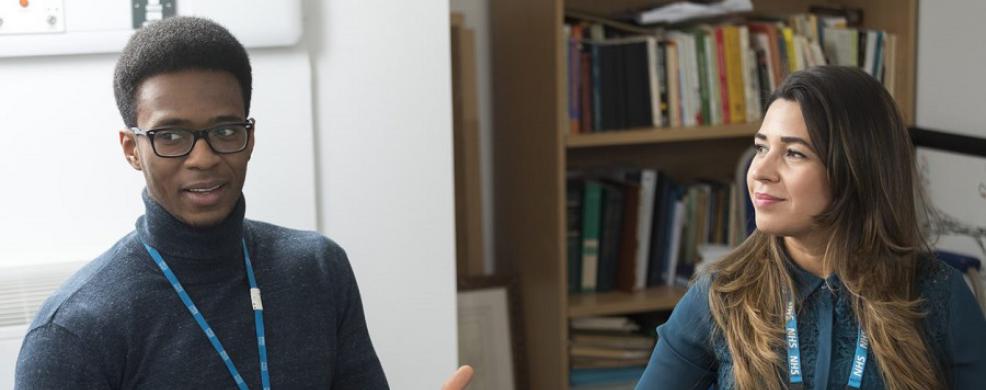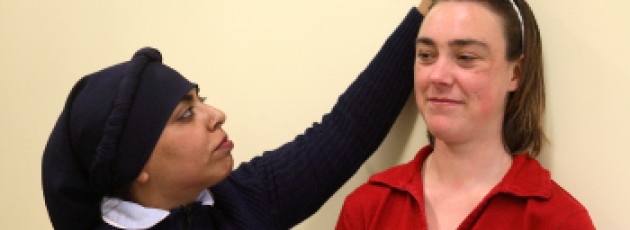National School of Occupational Health
Introduction
The National School of Occupational Health is a collaboration between HEE and the Faculty of Occupational Medicine hosted by HEE East Midlands.
The purpose of the School is to promote the highest standards of quality training and to quality manage the provision of clinical training for a multidisciplinary occupational health workforce in England and Wales.
For occupational medicine trainees, we aim to ensure and assure delivery of the national curriculum. In order to achieve this goal consistently, the School runs a national recruitment process delivered by national HEE recruitment offices for NHS based training posts in England, with Wales, Scotland and Northern Ireland participating. Training posts funded by the Defence Postgraduate Medical Deanery and non-NHS based posts will continue to run their own separate recruitment system with their recruits attending the national recruitment process for benchmarking purpose.
The School also runs national ARCP events for all NHS and non NHS trainees for whom it has that responsibility. Since July 2019 with the use of the FOM e-portfolio has meant that they are generally run as virtual panels equivalent to other specialities.
On the non-medical side, the School's objective is to replicate the quality assurance framework for nurses and non-medical healthcare professionals.
Visit our useful links page here
Vision
Head of School
Training Programme
To view the person specification and eligibility criteria for applying for an occupational health post, please see here.
Curriculum http://www.fom.ac.uk/wp-content/uploads/FOM-curriculum-2018-with-admin-changes-FINAL-APPROVED.pdf
ePortfolio https://portfolioonline.co.uk/home
Exams https://www.fom.ac.uk/education/examinations
HEE Study Leave 2022 - https://eastmidlandsdeanery.nhs.uk/sites/default/files/hee_study_leave_2...
Find out more
To find out more about training in occupational medicine, visit the Faculty of Occupational Medicine website.





